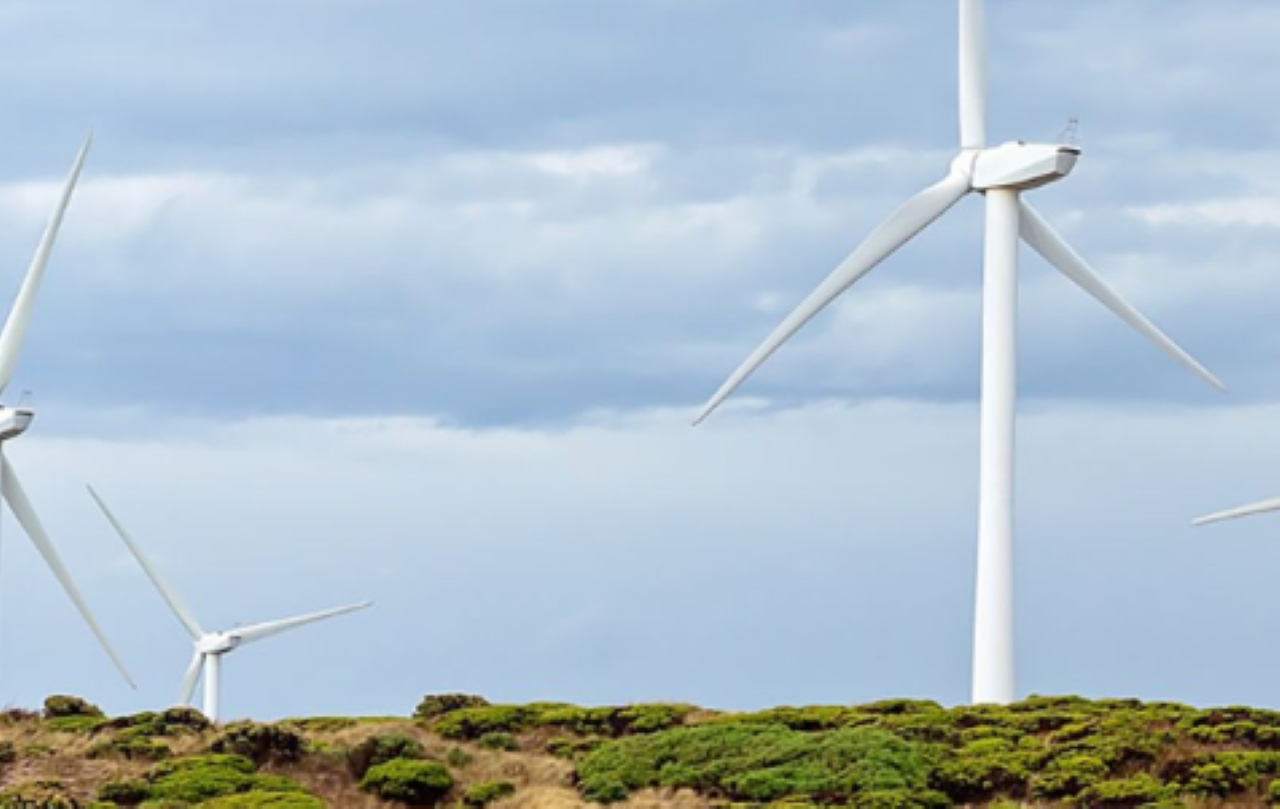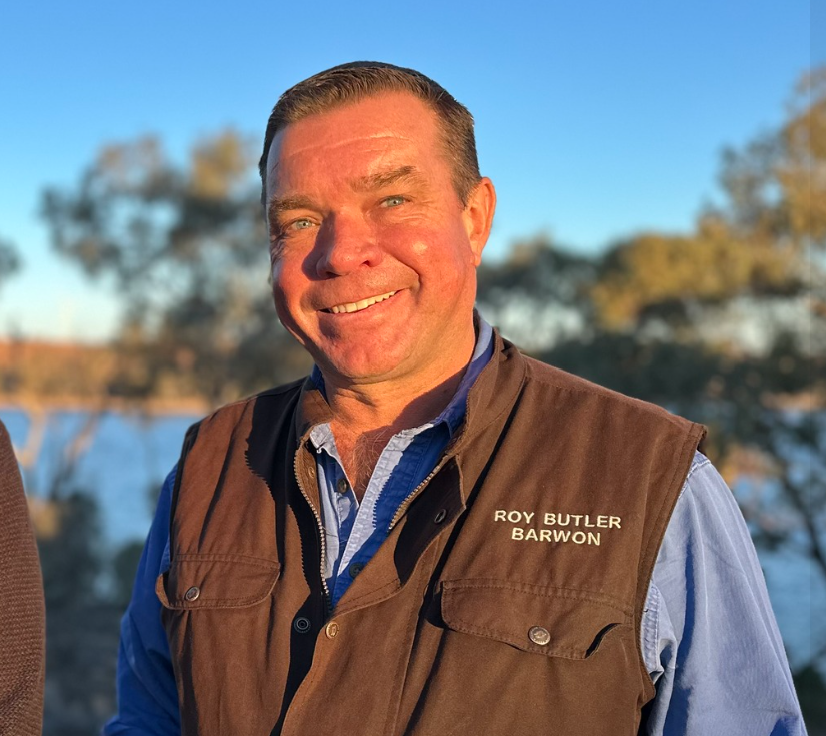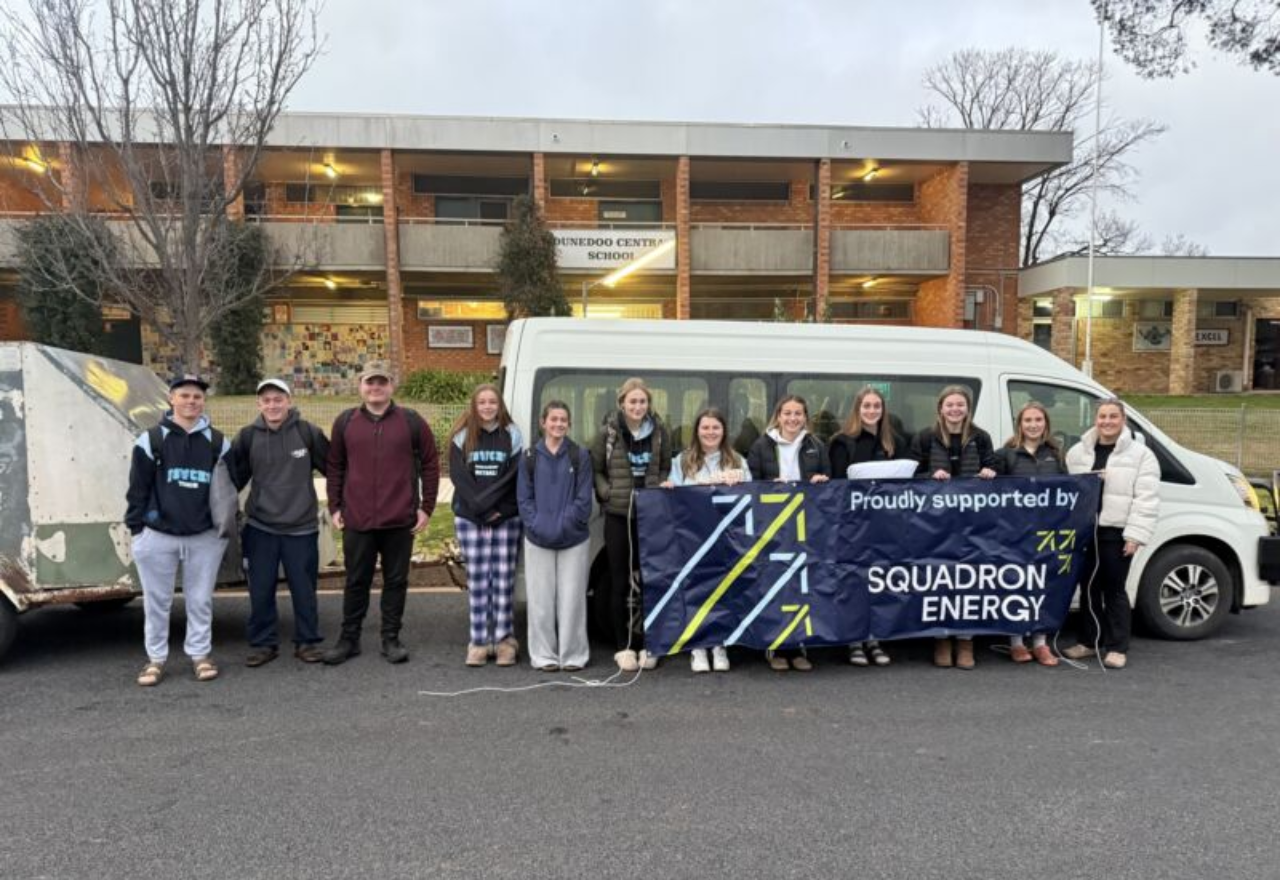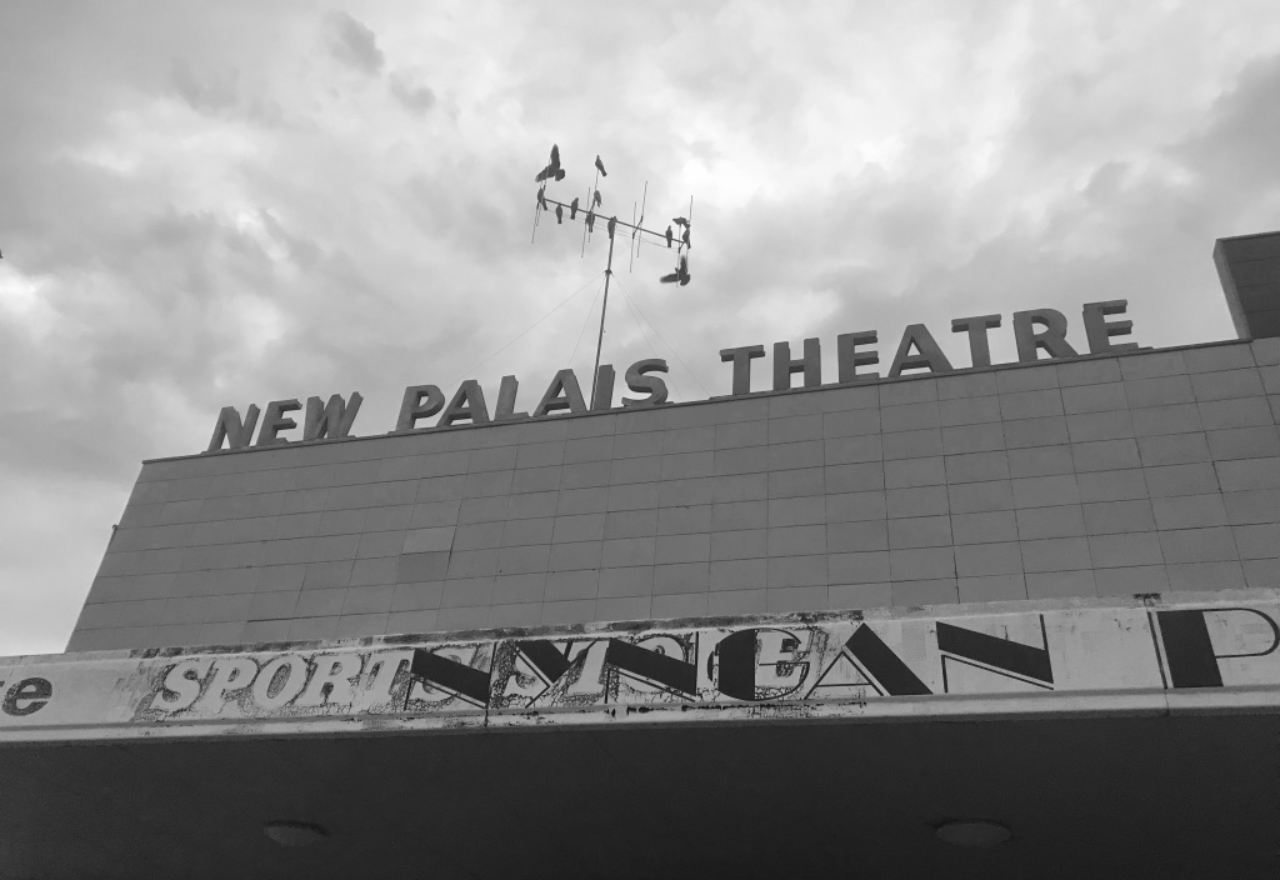Inquiry exposes challenges of renewables push in the bush
Kristin Murdock
08 September 2025, 2:40 AM

The future of renewable energy projects in regional New South Wales has come under renewed scrutiny, with a parliamentary inquiry highlighting significant community impacts and prompting calls for a pause to reassess the rollout.
The Inquiry into Renewable Energy Zones (REZ) delivered its first report last week, recognising long-standing concerns about consultation, land use, and social division.
While its initial recommendation for a moratorium was softened to a cumulative impact study, the findings have reignited debate over how renewables should be developed in the bush.
Nationals: rollout bungled, communities sidelined
NSW Nationals Leader Dugald Saunders said the Minns Labor Government had “completely bungled the renewables rollout, ignoring the growing concerns from our communities as the Central West Orana REZ grows bigger by the day.”
“The fact the state’s only active REZ is already completely overblown should sound the alarm that we need to immediately stop letting new proponents in and find out exactly where things are up to,” he said.
Mr Saunders said a national rating system should be introduced “to ensure only projects that are fit for purpose reach the assessment stage.”
Nationals Upper House member Sarah Mitchell, who served on the inquiry, said the rollout had been rushed and poorly managed and she was concerned some of the stronger wording that was originally proposed by the Chair was not supported by the majority of the Committee.
“It’s important that the report adequately captures the community sentiment, and during our visits, it was very clear the overall feeling is that rollout was rushed and poorly handled by the Minns Labor Government,” Mrs Mitchell said.
“People are angry these projects have been forced into their backyards, and they have been sidelined in the process, which has led to a lot of tension and division.
Mrs Mitchell added that mental health support for affected landholders was a critical recommendation.
“It’s really important after the uncertainty residents have faced,” she said.
Roy Butler: opportunity if handled with respect
Member for Barwon Roy Butler said renewable energy development was inevitable after both major parties backed enabling legislation in the last parliament.

Member for Barwon, Roy Butler said location and community consultation was critical to the successful roll out of projects like the Orana REZ.
“At that point, when you’ve got Labor and the LNP supporting something, it’s impossible to stop it,” Mr Butler said.
“A lot of amendments we pushed were about respecting communities and treating people with dignit - and that’s exactly what hasn’t happened.”
Mr Butler said location was critical.
He argued renewable projects could bring lasting benefits in western parts of his electorate where farms are larger and predominantly pastoral.
“Many farmers would love to host this stuff, because you can graze around wind towers or solar panels,” he said.
“But putting them in places where much of the land is cultivated cropping country, makes it a nightmare.”
“That can come with other issues.
"For example, you might be a farmer who likes the idea of hosting towers and the income it brings, while your neighbour hates renewables and ends up forced to host transmission lines.
"That creates real friction.”
A long build, but with potential legacy
Mr Butler said the renewable rollout is a 20-year build, with projects lasting 20–25 years before renewal, raising questions about who will pay for decommissioning.
“Europe is already dealing with that problem, but I’ve seen nothing formal here to address it,” he said.
Despite these challenges, Mr Butler believes projects can deliver positive legacies if approached properly.
“Rather than build a temporary village for workers and pack it up, why not build infrastructure the community can use, things like aged care, housing, things that last a long time.
That’s how you win social licence,” he said.
He pointed to a stalled retirement village project in Coolah as a chance for renewable developers to make a real difference.
“Use it for accommodation during the build, then hand it back to the community," Mr Butler said.
The inquiry’s findings confirm deep divisions in regional NSW.
On one side, Nationals argue for a pause and stricter oversight, citing the anger of residents who feel sidelined.
On the other, there are opportunities if communities are respected, projects are better sited, and long-term benefits are secured.
With billions of dollars in projects and transmission lines planned, the debate over how renewable energy unfolds in regional NSW is far from over.



